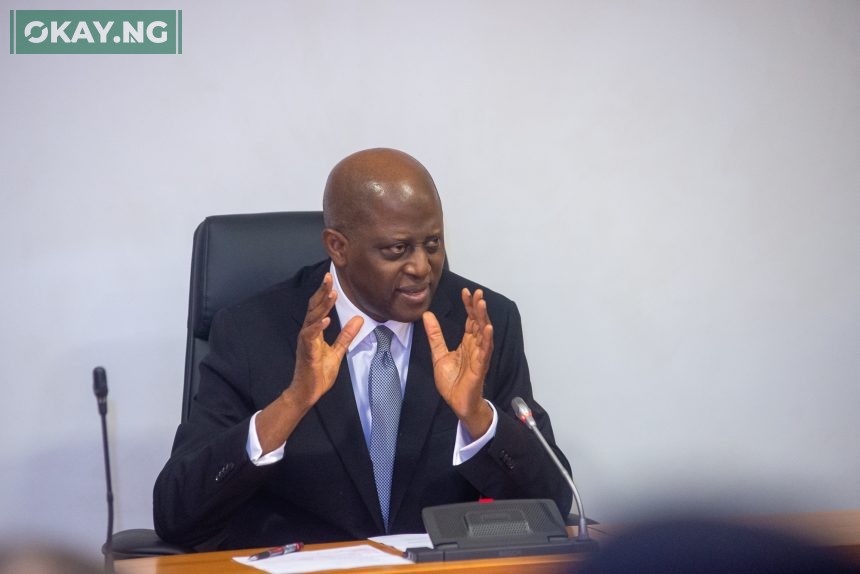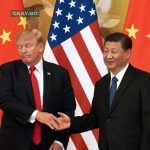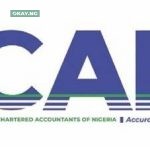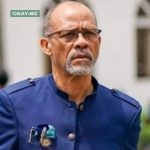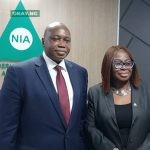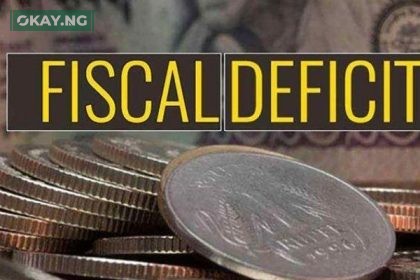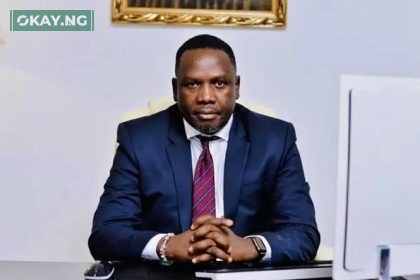Nigeria’s central bank governor, Olayemi Cardoso, has conveyed a message of assurance to international investors, highlighting the significant strides being made in achieving macroeconomic stability and rebuilding trust in the nation’s economy through the Bank’s determined reform initiatives.
Speaking at a high-profile forum held at the Nasdaq MarketSite in New York, Cardoso articulated the Central Bank of Nigeria’s (CBN) commitment to a robust reform agenda. The event, a collaborative effort between the CBN, J.P. Morgan, the Nigerian Exchange Group (NGX), and the Africa Private Capital Association (AVCA), convened global investors, diaspora leaders, and key financial stakeholders ahead of the highly anticipated 2025 spring meetings of the International Monetary Fund (IMF) and World Bank Group (WBG).
Under the theme, ‘The Nigeria Investment Agenda: Pathways for Growth & Global Partnerships’, Governor Cardoso delivered a keynote address outlining the core pillars of the CBN’s reform strategy. These include a stringent monetary tightening policy aimed at curbing inflation, the implementation of transparent mechanisms within the foreign exchange (FX) market, and a concerted effort to bolster financial governance.
“We inherited a crisis of confidence but chose a different path. We’re not turning back,” Cardoso declared, underscoring the unwavering resolve of the CBN to establish a firm foundation for sustainable macroeconomic stability. He emphasized that these initiatives are ushering in “a new era of transparency and confidence” for the Nigerian economy.
Drawing on his extensive experience in navigating complex financial landscapes, Cardoso reaffirmed the CBN’s “unwavering” dedication to rebuilding credibility through the consistent application of orthodox monetary policy and the promotion of transparency. This commitment comes on the heels of significant reforms implemented over the past 18 months aimed at tackling persistently high inflation rates and ensuring greater transparency within the FX market.
The CBN’s proactive measures have included a substantial 875 basis points increase in the key benchmark interest rate, bringing it to 27.5 percent, in a determined effort to tame inflationary pressures. Furthermore, the apex bank has injected substantial amounts of foreign currency to stabilize the naira.
Read Also: CBN Digital Finance Inclusion, Cardoso Economic Policy, Nigeria Recapitalization
A cornerstone of the CBN’s efforts to foster transparency and restore investor confidence has been the introduction of an FX code and the Electronic Foreign Exchange Matching Systems (EFEMS). These measures contributed to a period of relative stability for the naira until recent global market disruptions triggered by President Donald Trump’s reciprocal tariffs.
Muhammad Sani Abdullahi, the deputy governor of the CBN, provided investors with a comprehensive macroeconomic update. He highlighted the significant increase in the country’s FX turnover and pointed to emerging early signals of disinflation. Abdullahi also revealed the strengthening of Nigeria’s external reserves, with net reserves soaring to $23.3 billion last year, marking a remarkable $19 billion increase within a 12-month period from the $3.99 billion recorded in 2023. Gross reserves also saw a substantial rise to $40.9 billion in 2024, up from $33.0 billion the previous year.
“With a market-determined exchange rate and a transparent, rules-based policy framework, confidence is gradually being restored in Nigeria’s economy,” Abdullahi affirmed.
This concerted effort by the CBN, under the leadership of Governor Cardoso, signals a determined push towards creating a more stable and transparent economic environment in Nigeria, ultimately aimed at attracting and retaining crucial international investment. The discussions in New York underscore the importance of global partnerships in realizing Nigeria’s economic growth agenda.


